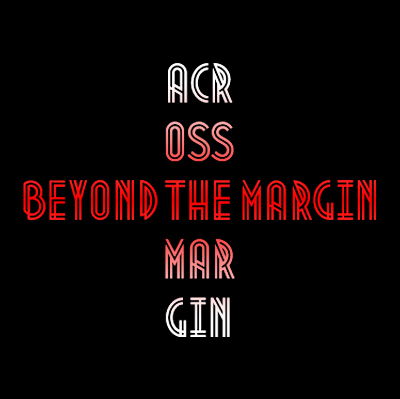The case for Yorgos Lanthimos’ The Favourite to win Best Picture at the 2019 Academy Awards…

by: Chris Thompson
Greek director, producer, and screenwriter Yorgos Lanthimos has gifted us with several intriguing and thought-inspiring films over the last decade, most notably 2015’s The Lobster and 2009’s Dogtooth. Lanthimos’ latest film, 2018’s historical comedy-drama The Favourite, continues the director’s tradition of crafting compelling cinema, this time around recruiting a darkly hilarious, all-female trio to lead the 18th century period film. Already deemed a commercial and critical success, receiving ten Oscar nominations for the 91st Academy Awards (a high for the year), including Best Picture, The Favourite has created quite a buzz for its chances at winning the coveted Best Picture Oscar. Yet, to merely list the awards and accolades attributed to Lanthimos’ latest film is only part of the story of its distinction. To truly comprehend the reason why The Favourite deserves to win 2019’s Best Picture Oscar, one must understand that at all levels of the film, from the screenplay, to the directing, to the cinematography, to the acting, and to the costume design, what stands out is just the unmistakably high caliber of product achieved across the board.
Emma Stone, Rachel Weisz, and Olivia Colman helm The Favourite. It’s their film, as the three women masterfully combine their talents in such a fashion that you cannot help but be drawn into the devilishly funny yet fierce palace intrigue at the heart of the film. There’s sex, there’s betrayal, there’s humor, and there’s violence, as the three women orbit each other, especially Weisz and Stone as they battle for Queen Anne’s favor. Olivia Colman (one of my favorite British actors, check out BBC’s Peepshow or Broadchurch or Netflix’s The Crown and you’ll understand her range and talents) plays the batty Queen Anne, a feeble woman more comfortable playing with her seventeen rabbits than governing a nation. Watching Coleman splash the Queen’s eccentricities around her court is at times both humorous and uncomfortable, like something you know you don’t want to watch but just have to as you try to sympathize. When asked about her views on the character she plays Coleman replied “she’s just a woman who is under-confident and doesn’t know if anyone genuinely loves her. She has too much power, too much time on her hands.” That lack of confidence that Coleman’s character struggles with around love manifests itself in numerous ways throughout The Favourite, as both Stone’s character Abigail Masham and Weisz’s character Sarah Churchill, Duchess of Marlborough, curry the Queen’s favor, using sex and intimacy to further their secret agendas. Rachel Weisz’s character, Sara, plays the Queens’ confidant and clandestine lover, using her influence with the Queen to literally run the country from behind the scenes. When Emma Stone’s character Abigail seeks employment in the Queens’ court, her presence threatens to undermine the symbiotic relationship Queen Anne and Sarah have cultivated, and destroy all that Sarah has achieved. It is this interplay between the Queen and the two women fighting for her favor that sets the film apart from others. With male characters taking only ancillary roles in The Favourite, serving merely to further its plot (according to Yorgos the men are “mere decorations”), the trio of Colman, Weisz and Stone are allowed to interact in ways unheard of before for a historical period film, as revenge, indulgence, sex, violence, selfishness, and cloak-and-dagger activities are run repeatedly through the prism of dark comedy.
With elegant costuming and rich designs that perfectly reflect the character’s development, as they both rise to and fall from power, and cinematography that pushes the limits of what can be done in a period piece (the near ubiquitous of steady cams in modern cinema was disregarded), including the use of oddly satisfying fisheye and wide view lenses for the majority of the shots, The Favourite excels in its production in addition to its acting. Add to the film its sparse yet perfectly employed classical and baroque soundtrack (Handel, Bach, Vivaldi and Schubert all contribute beautifully) and the use of “EQ frequencies” instead of traditional sound techniques to build an atmosphere of sound that itself acts as a score and you can begin to understand how individually these components could single-handedly elevate a film. However when they are all firing simultaneously, like they are in The Favourite, what you create is something that rises above the crowd and sets a new bar for greatness. Yorgos’ latest film is a masterpiece of cinema, a dark comedy hiding in plain sight within a historical-period drama, driven by a trio of female actresses who not only draw you deeply into their convoluted world but threaten to convince you that maybe, just for a moment, you might want to play a role in theirs.





